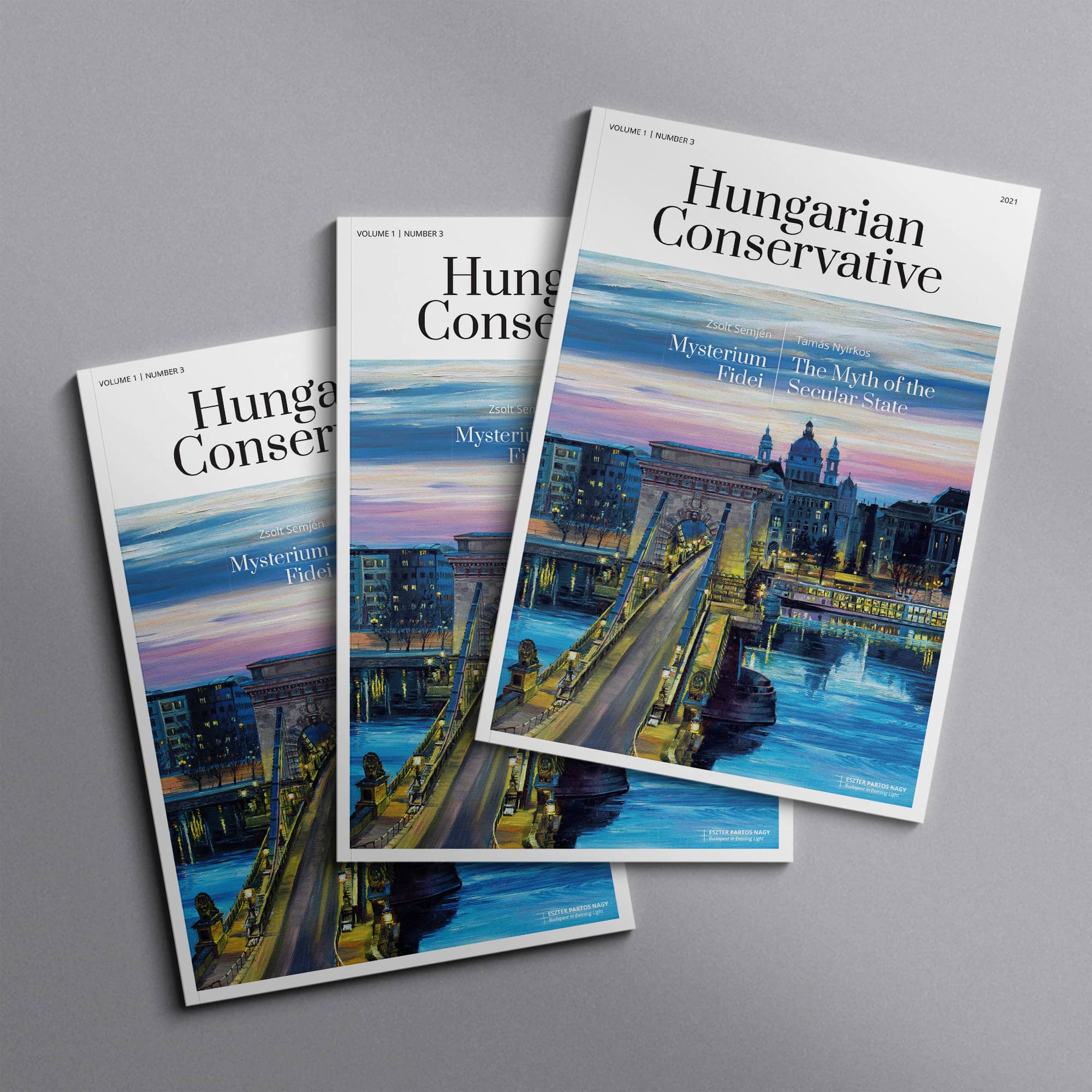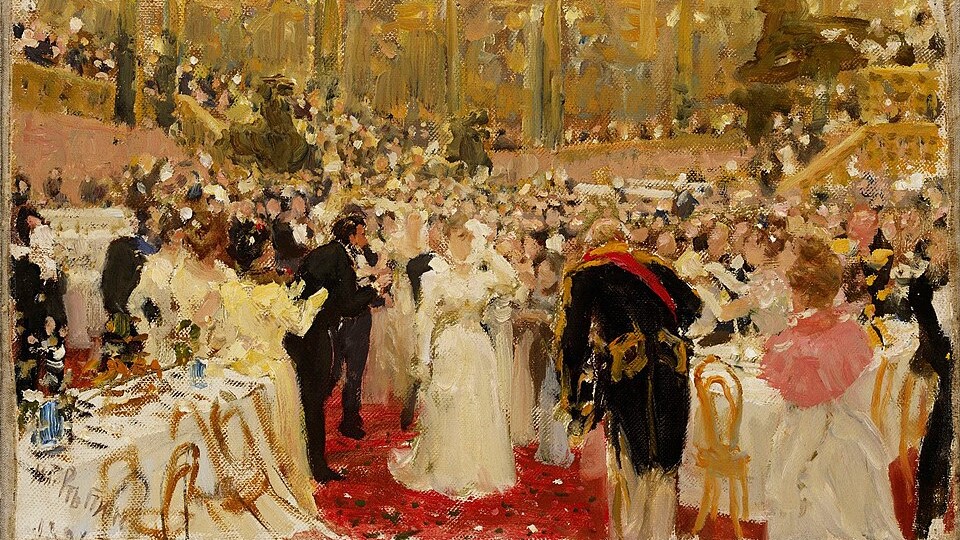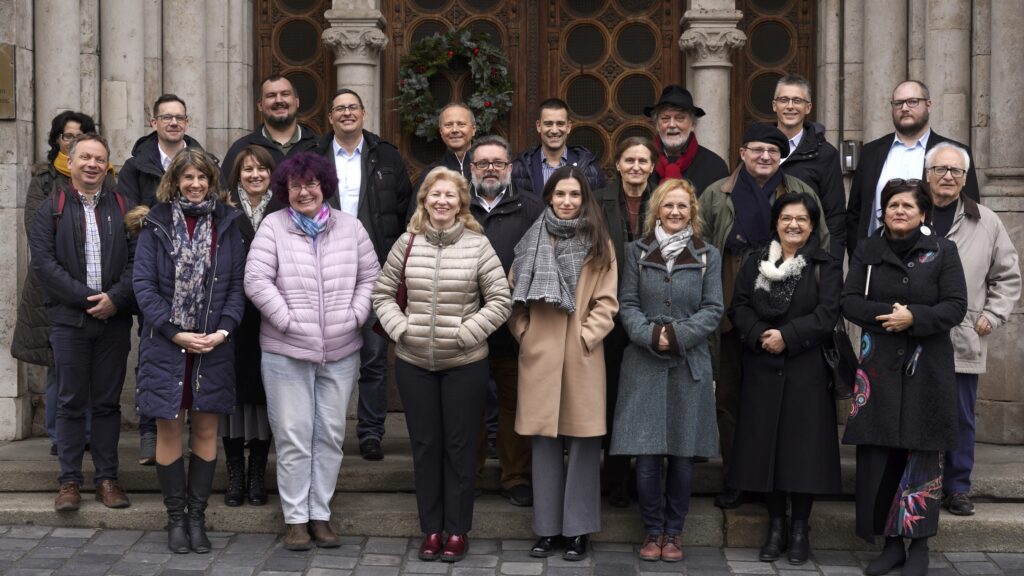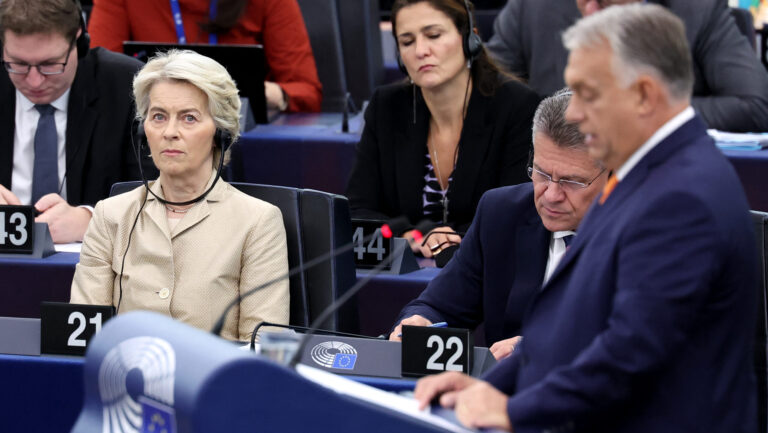In September, for the first time in more than eighty years, Hungary will once again host the most important gathering of Catholics in the world, the Eucharistic Congress. This event gives us the opportunity to reflect on the current situation of Christianity in the West. Over the past couple of decades, with steep declines in church attendance all across the Western world, it has become common to speak of the end—or at least the rapid marginalization—of religion and especially Christian faith in our societies.
But is this really the case? An interesting study from the Pew Research Centre entitled ‘Being Christian in Western Europe’, published in May 2018, showed that despite relatively low church attendance rates in the fifteen Western European countries examined, on average 91 per cent of respondents had been baptized, and 71 per cent still identified as Christians. This clearly shows that—at least for the time being—most Europeans still feel culturally Christian, and even identify as such. What this means in practice is of course open to interpretation, and as you will see from the articles in this issue, even Christian authors will disagree on this point. For example, Chantal Delsol, perhaps the most important contemporary French Christian philosopher, is more sceptical, and sees alternatives such as the climate change movement as becoming a new form of religion for our societies. Others, such as the American conservative author Rod Dreher, with his call for a modern-day Benedict Option, seem more hopeful about at least the survival of Christian faith.
One thing seems certain, however: we human beings cannot live without religion, and a set of shared values and principles. We might think that we can successfully replace religion with other values or ideologies, but as history and our current cancel culture phenomenon show, these will ultimately always incorporate and emulate most aspects of organized religions. As such, the biggest question of the twenty-first century will be whether we should hold on to our familiar Christian faith or embrace alternative beliefs masquerading as political ideologies or movements. We conservatives would certainly prefer the former.







